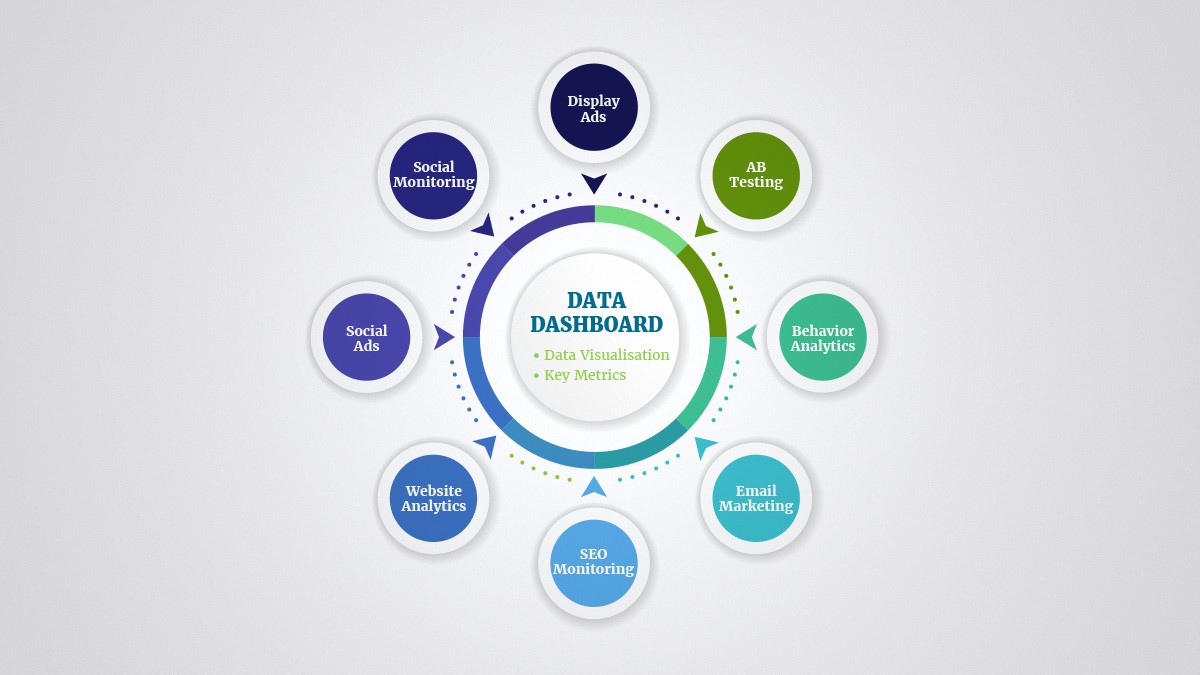You need better data: How to turn your website into an intelligence hub
In our industry, in our commitment to success and gaining competitive advantage, we can often be tempted by new technologies or channels, side-tracked by The Next Big Thing. In doing so, we can often neglect the valuable role that websites play in the marketing mix of today’s brands. We feel this is missing a trick.
What is a website beyond the experience?
As a significant investment, a brand’s website should serve as a functioning part of the marketing strategy, not only as an important connected brand experience for audiences, but as a hub of intelligence at the centre of a brand’s marketing ecosystem.
Now more than ever, with changes to platforms and privacy a-plenty (see my colleague Gordon’s previous article on the “cookieless” future), websites have a key role to play in helping marketers create more effective strategies and tactics. And the success of that role really is all down to the value and meaning of data you extract.
Having a joined-up data strategy will give you a holistic view of what’s happening across marketing channels and empower you with a better understanding of the relationship between those multiple data sources. Critically, it will give you in-depth and actionable insights into cross-channel audience journeys and behaviours, engagement across touchpoints, creative, communication and channel performance. Through this, you’re able to generate an accurate single view of the audiences and context of your own activities which you can then marry up with any other research you undertake. That makes for powerful insights. Insights that can then be used to inform strategic planning, adapt tactics, or trigger actions that will ultimately nudge people in the right direction through their (rarely linear) journey.
Collecting data is the easy part, making sense of it is another story.
As a brand manager, product or website owner, you will likely collect a vast amount of data from various sources such as:
- Your website’s Google Analytics account
- Ecommerce platforms
- Display Ads
- Social media Ads
- Social media accounts
- Email marketing platforms
- SEO monitoring platforms
- Behaviour analytics tools and more
Correlating the data from these data points can be challenging, costly, and time-consuming. Most of these tools or platforms gather data in isolation from each other. They require specialized knowledge to extract the relevant and important information. Information that can be turned into meaningful insights.
So here are my key recommendations for aligning all of these data sources and getting your website set up as an intelligence hub:
1. Set clear objectives across your marketing mix. Defining your marketing ambitions and translating those into specific objectives for the website and across channels will help set goals within your data sources that will give you meaningful information to help achieve your strategic objectives. Having goals will enable you to measure success and will be used to benchmark and monitor the effectiveness of your efforts over time.
2. Create a dashboard. Just because you can measure everything doesn’t mean you should. It can muddy the water and become overwhelming. Focusing data sources will help you gain the greatest intelligence. Creating a dashboard based around your defined goals unifies your multiple data sources. This custom dashboard should only display the dimensions and metrics that are important to you and your business, removing the need to regularly visit native analytics platform in silo. Great for saving time and creating a more collaborative channel marketing work process!

3. Ensure that platforms that can integrate together, are connected. This will make it easier to build the dashboard to report from.
-
- Google Analytics & Search Console: Will allow you to report on the performance of your organic-search traffic and the effects this has on your website
- Google Analytics & Google Adwords: To understand the customer journey from clicking on an Ad to converting on your website
- Google Analytics & Google Optimize: Optimize being an AB testing and personalization tool, integrating it with Google Analytics will enable you to report on the experiment currently running and its effect on the website. This will also enable you to personalize content on your site based on ads that users click.
- Google Analytics & Mailchimp: Add Google Analytics tracking to your Mailchimp campaigns to monitor traffic and conversions that can be attributed to your email marketing
- Google Analytics & any third-party sites linking to yours: Whether you use QR codes, posts on your social media account, or use social ads. Make sure that any inbound links that you have control over, use UTM tracking to associate them with a campaign in your Google Analytics reports. Traffic and conversions can then be attributed to those campaigns
- Semrush & Google Analytics + Google Search Console: If you use Semrush to monitor your keyword ranking and SEO effort, connecting it to GA and GSC will improve the quality of your report
- Google Analytics & Search Console: Will allow you to report on the performance of your organic-search traffic and the effects this has on your website
-
- Ensure that the data gathered from offline activities is also visible in your dashboard
A joined-up approach to data collection and analytics will help you identify the relevant data needed to support your business. It will save you time and help you gain a deeper insight into the overall digital health of your organisation by showing you the full picture.
Read more of our insights

PPC and SEO: Your online marketing ‘bread and butter’
How do you best ensure consumers find your business within the foreign territory that is the search engine results pages (SERPs) of Google and Bing? The answer – a flawless PPC and SEO strategy.
Read more

Brand safety in a programmatic world
How can you protect your brand and utilise programmatic advertising more effectively? These 4 best practices will help you keep your brand safe during campaigns.
Read more

Google Analytics & GDPR: A Difficult Relationship
Christophe, our Insights and Technical Analytics Manager, explains what’s at stake now that Austria, France and Italy have ruled that Google Analytics is breaching GDPR.
Read more

